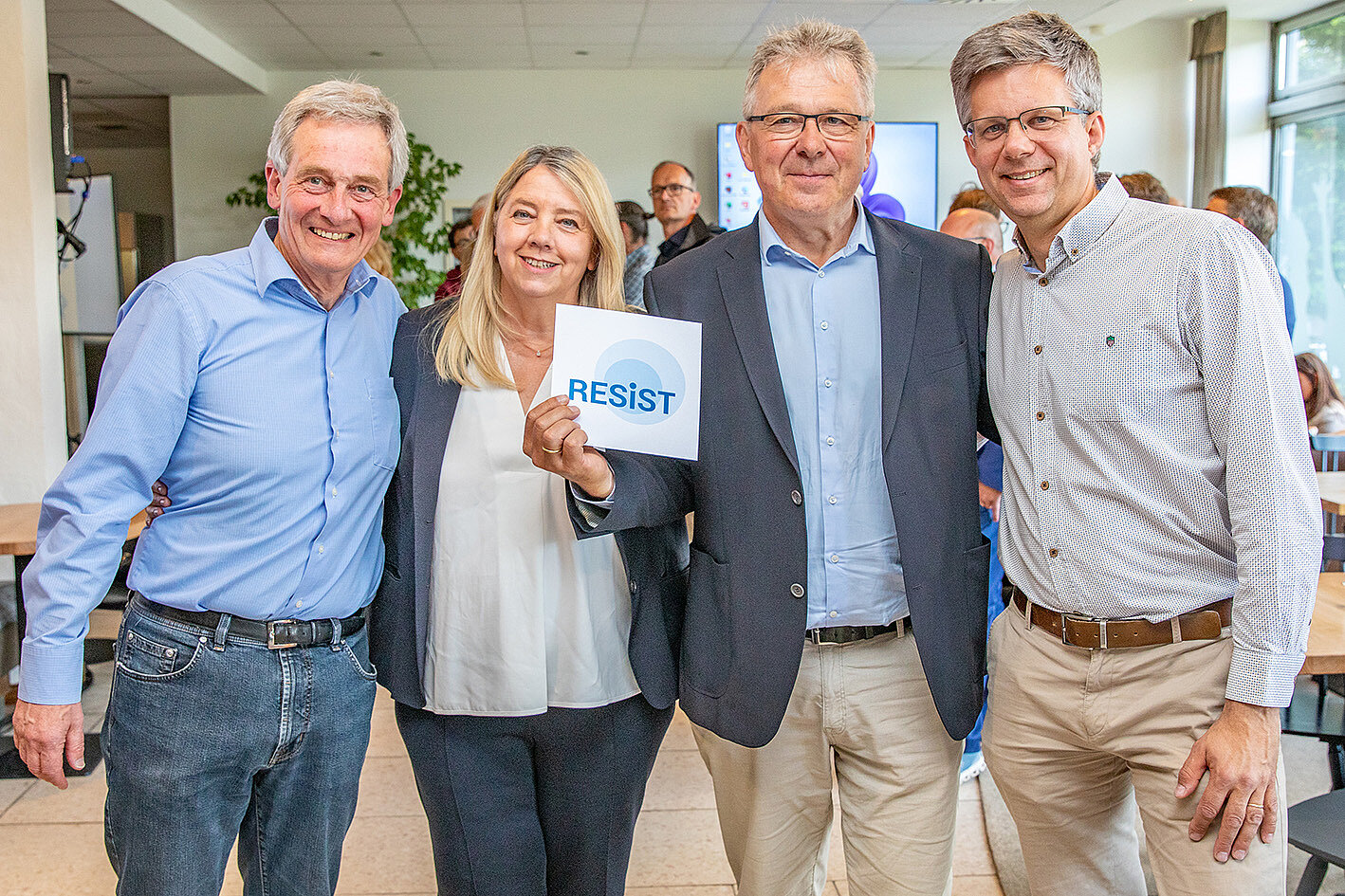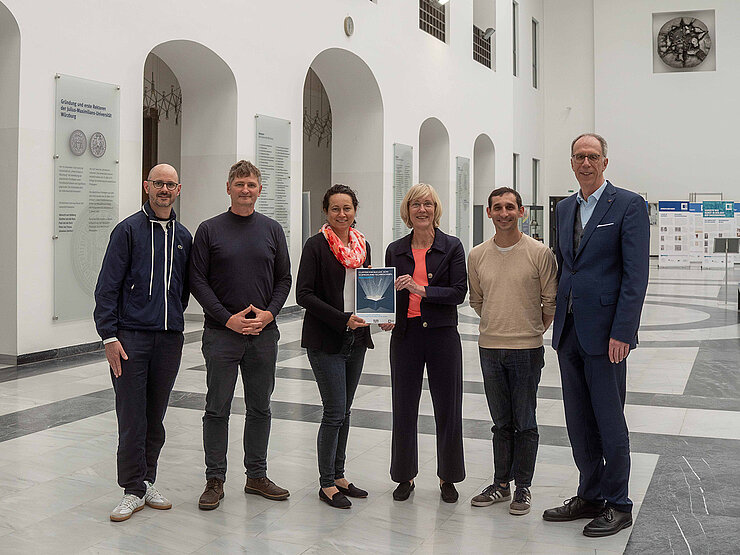The approval of the two clusters RESIST and NUCLEATE impressively underscores the outstanding quality of research at the HZI and its partner institutions. “This success is the result of a dedicated team effort, with which all participants were able to convince the Excellence Commission,” says Prof. Josef Penninger, Scientific Director of the HZI. “In addition, the HZI stands for exceptional scientific breadth—many other brilliant researchers contribute daily at the highest level.”
RESIST – Research to help the most vulnerable
RESIST (Resolving Infection Susceptibility) is dedicated to investigating why some people become more severely ill than others when they come into contact with viruses or bacteria. Research groups from the HZI in Braunschweig and its sites in Hanover, TWINCORE – Centre for Experimental and Clinical Infection Research, and the Centre for Individualised Infection Medicine (CiiM) are involved in the Cluster of Excellence. TWINCORE and CiiM are joint institutions of HZI and MHH. “The further funding of our infection and immunity research means important long-term help for people who can be particularly harmed by infections. These include newborns and senior citizens whose immune system is not yet developed or is very susceptible, as well as people whose immune system is suppressed for therapeutic reasons, such as after a transplant. However, infections can also be dangerous for people with implants. We look forward to continuing to improve the possibilities for diagnostics and therapy in the long term,” says RESIST speaker Prof Reinhold Förster.
“We have already achieved many successes in research. Examples include new approaches to prevent blood poisoning in newborn babies, improved strategies for SARS-CoV-2 vaccination and against multi-resistant hospital germs,” explains Prof Gesine Hansen, co-spokesperson of RESIST. The long-term goal is for the research findings gained in RESIST to be incorporated into existing translational centers and further developed for use in patients. Prof Josef Penninger also conducts research in the Cluster of Excellence with his department “Innovative Organoid Research” and says: “We are delighted to continue the excellent research in RESIST. The cluster is an important part of our scientific program and exemplifies the innovative approaches we use to shape the path from basic research to practical applications that benefit patients.”


![Dr Charlotte Schwenner [Translate to English:] Charlotte Schwenner](/fileadmin/_processed_/6/9/csm_Charlotte_Schwenner_7952cfe0a7.webp)
